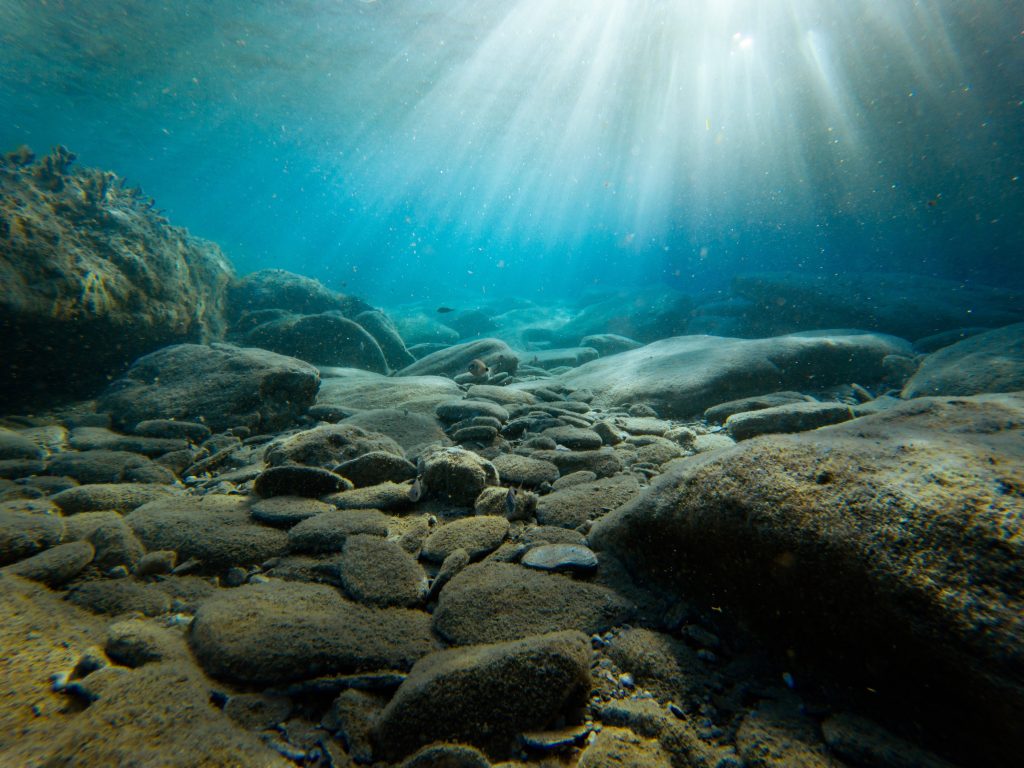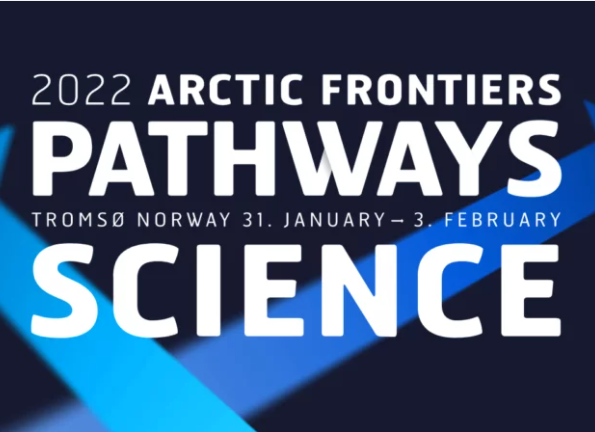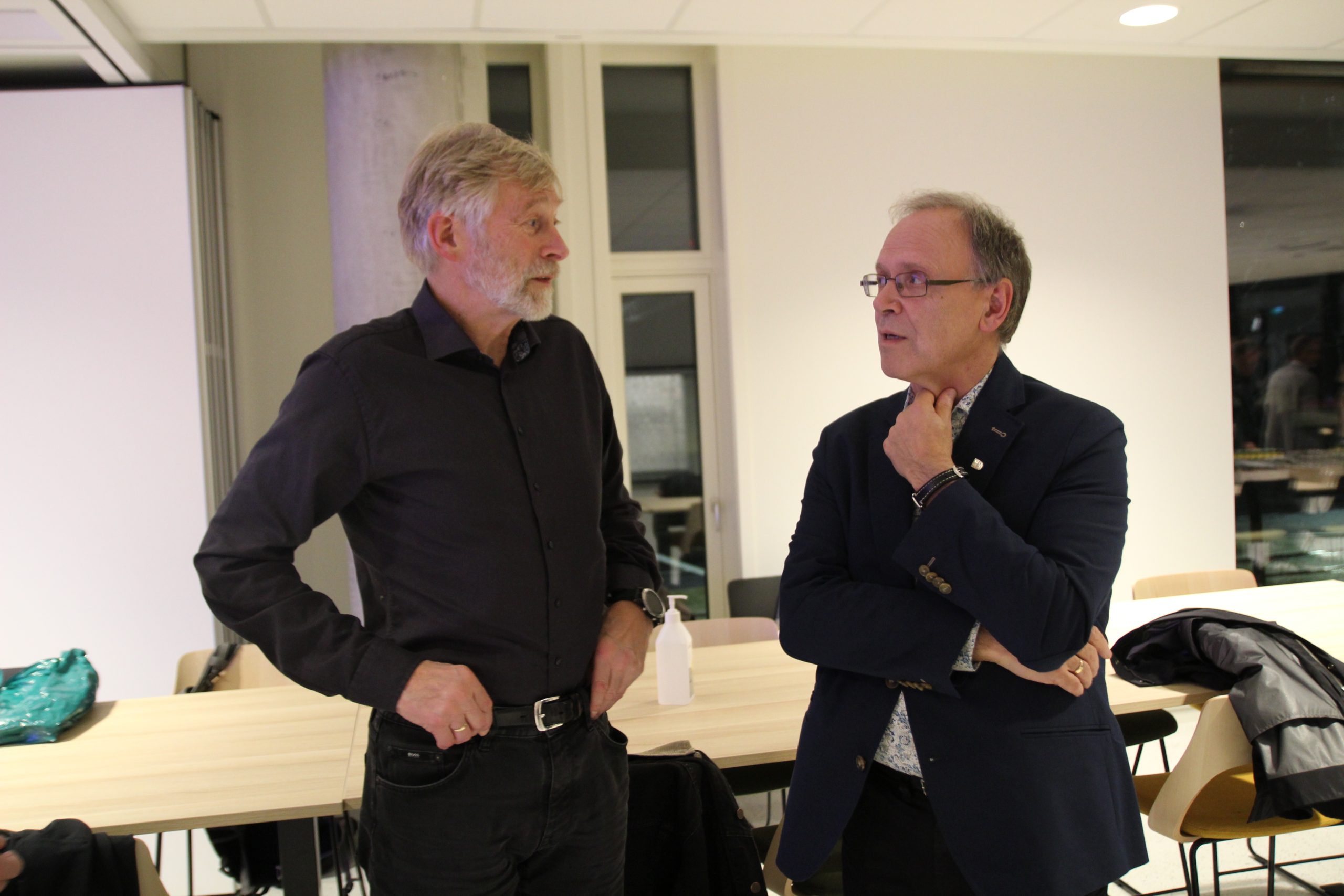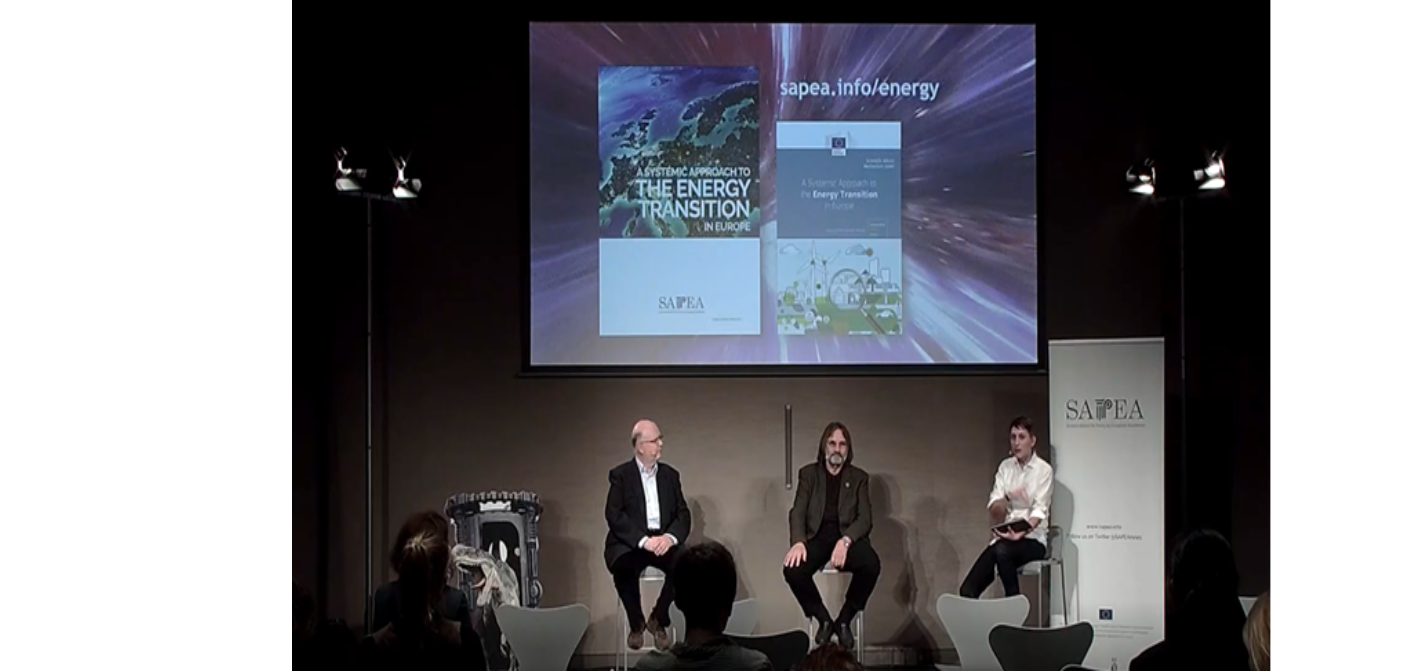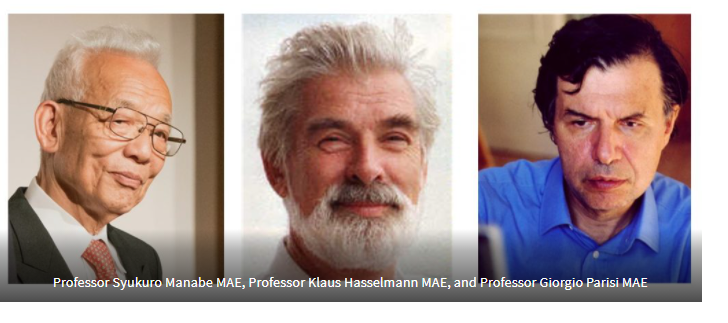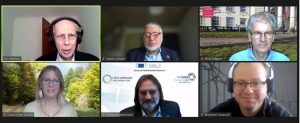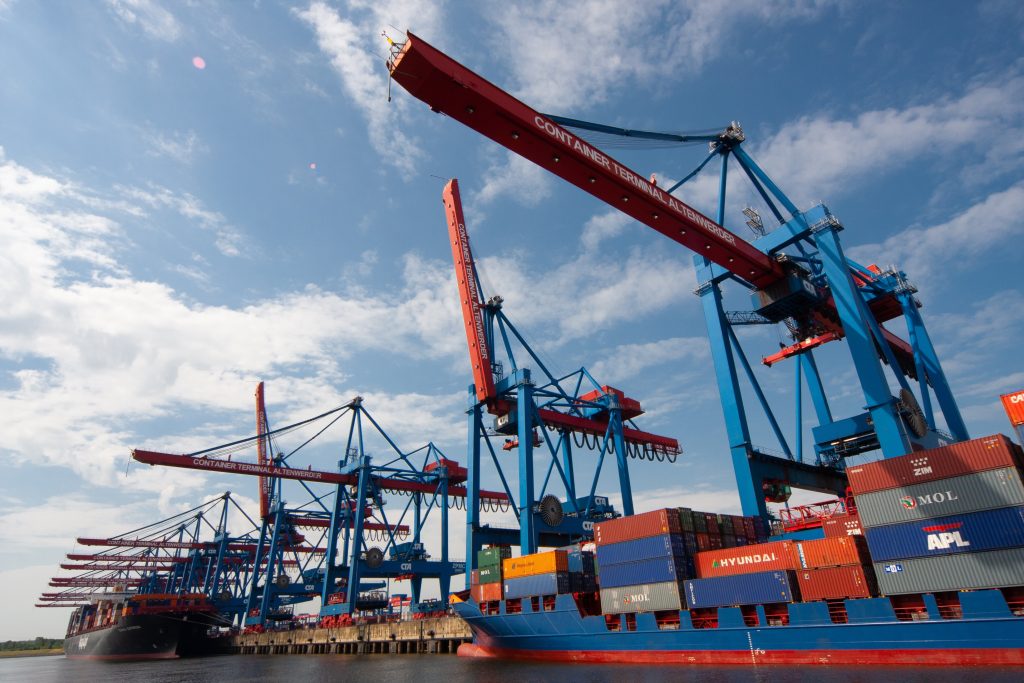Academia Europaea has recently established a Task Force on Environment, Climate, and Sustainability issues. A recently issued survey, sent to all members and with a completion deadline of January 14th, is intended to map members expertise and engagement in these fields.
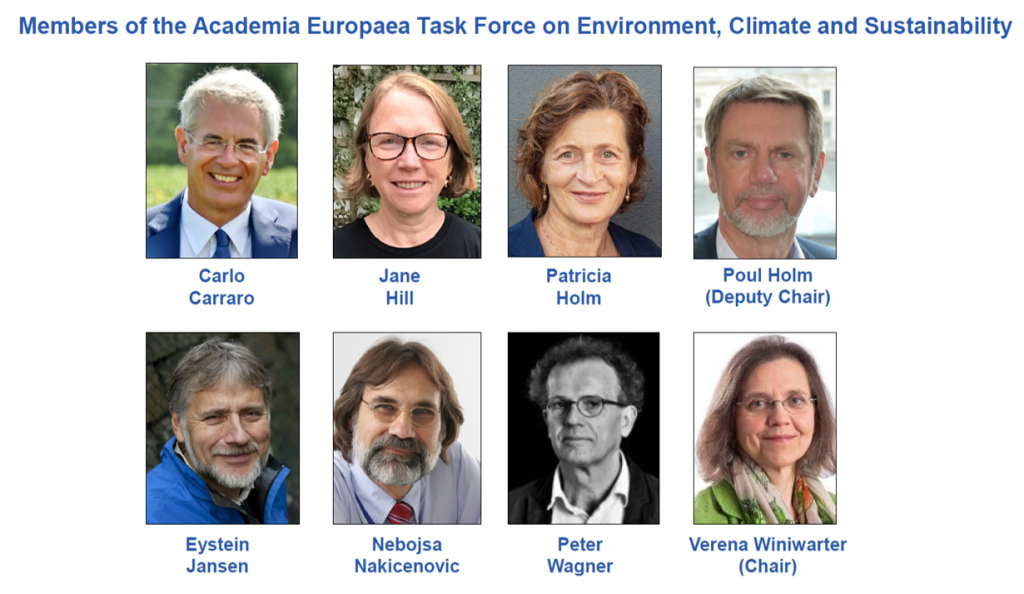
The Academia Europaea Task Force on Environment, Climate, and Sustainability issues.
In 2021 Academia Europaea (AE) has established a Task Force to provide plans for extending its engagement and visibility in the areas of environment, climate, and sustainability under the leadership of Professor Verena Winiwarter. This will be an important tool to better align Academia Europaea with some of the most pressing global challenges. The Bergen Hub is responsible for organising this activity on behalf of Academia Europaea.
In addition to Winiwarter, the Task Force of eight AE members consists of Carlo Carraro, Jane Hill, Patricia Holm. Poul Holm (Deputy Chair), Eystein Jansen, Nebojsa Nakicenuvic and Peter Wagner.
Mapping relevant knowledge within AE
The objective of the Task Force is to identify a range of critical questions relating to climate and environmental change research that carry a clearly significant societal and/or policy dimension and that can realistically be addressed with confidence by the application of AE expert knowledge from across the membership.
As a first step, the Task Force wishes to gain a better understanding of the range of relevant knowledge within AE as well as the availability of members for participation in AE initiatives on these. To get the best possible overview of the expert knowledge within the AE, a survey is provided and sent to all members. Deadline for responding to this survey is January 14th.
The survey serves the double purpose of gaining information and enabling communication. It should take less than 15 minutes to answer the basic questions of the survey.
If you have expertise and/or engagement in environment, climate, and sustainability issues, we hope that you will respond to the survey from this link.

